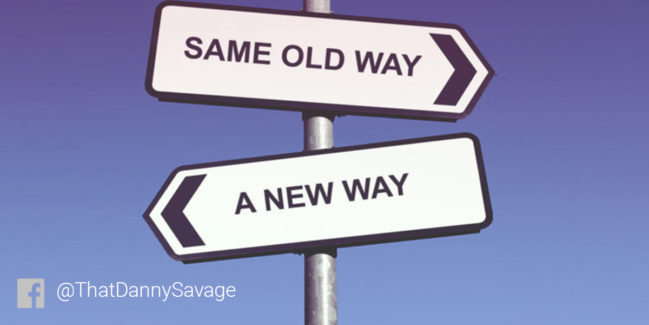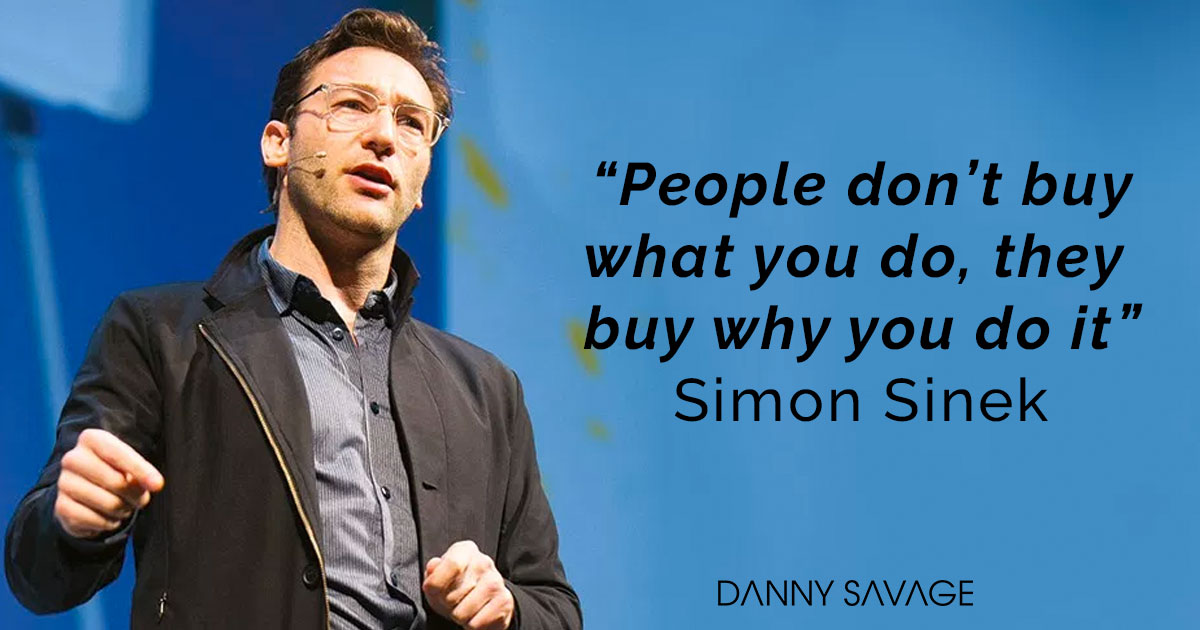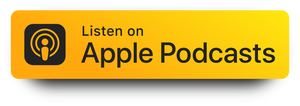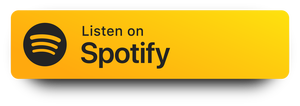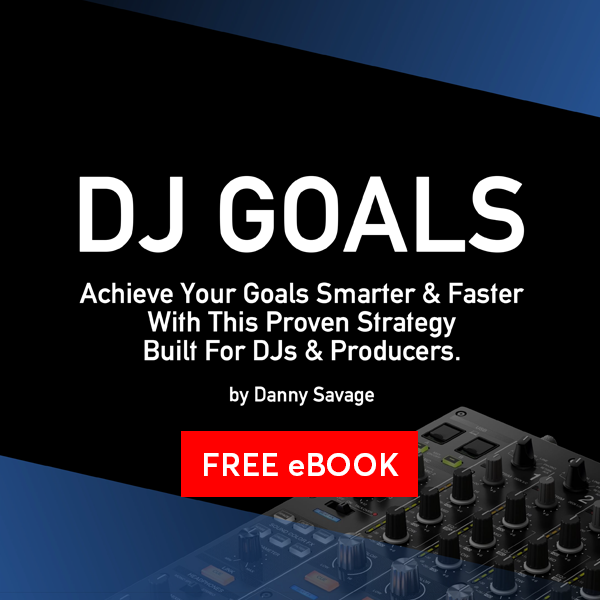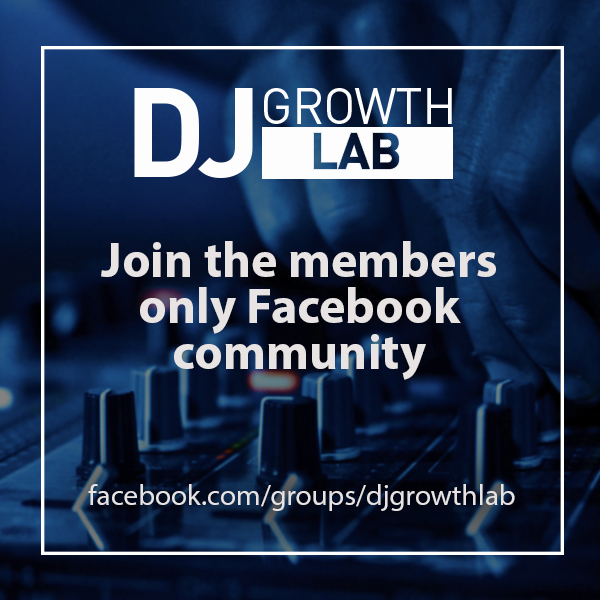Musical Habit
Most musicians face challenges to make the most of their time on music, be it marketing, writing, production or mixing. By understanding how habits work, you can manufacture new ones to make you a more efficient, productive musician.
How habits work
In his book, Charles Duhigg defines habits as something that our subconscious controls. Researchers tested this theory on rats, and they discovered their brains powered down when a habit kicked in.
This makes habits an automatic series of actions or events. When a habit kicks in, your brain essentially ‘goes to sleep’. Your brain does this because it’s trying to save effort, so it chunks a series of events together into routines.
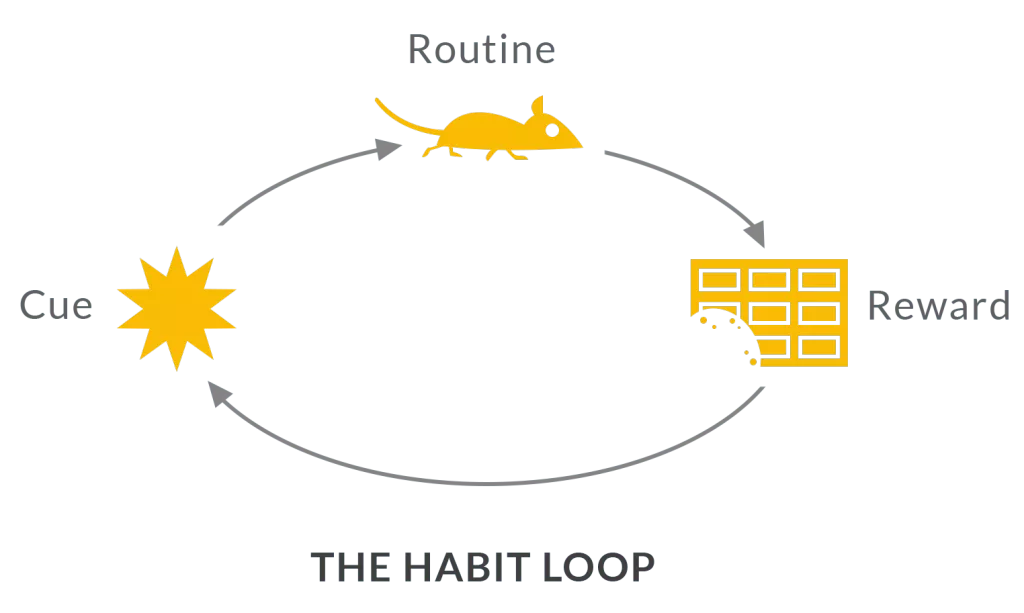
A cue is a trigger that tells your brain to go into autopilot.
A routine is a physical, mental or emotional series of events that follow the cue.
A reward is the positive stimulus that tells your brain the routine works!
Try to become aware of any good or bad habits you might have. Maybe something is taking up too much of your time after work? Or maybe you’re spending too much time on a particular aspect of your music, which is causing you to be unproductive in other areas?
How to create new habits
To explain how to create your own new habits, let’s look at the example illustrated by Claude Hopkins, who was given the task of habitually making people brush their teeth in early 20th Century America.
Surprisingly, only 7% of America brushed their teeth during this period so Claude built a cue into people’s minds. He did this through running an advertising campaign asking people to “Run your tongue across your teeth. You’ll feel a film. This is what makes your teeth look discoloured and invites decay.”
After the cue, the advert went on to say “Note how many pretty teeth are seen everywhere. Millions are using a new method of teeth cleaning. Why should any woman have dingy film on her teeth?” – this was the reward.
Within a decade, toothpaste usage had grown from 7% of the population to 65%. All achieved by presenting people with a cue and reward.
In knowing this, think of any cues that cause your brain to kickstart a habit. If these are bad habits, notice what the cues are to start the habit, then change the behaviours.
ACTIVITY
If, for example, you’re struggling to make time for music, create your own cue. Perhaps when you get home from work, the cue could be unlocking your front door? Once you make this a cue, make the behaviour to write down your music goals for the day, or go and spend an hour in your studio.
